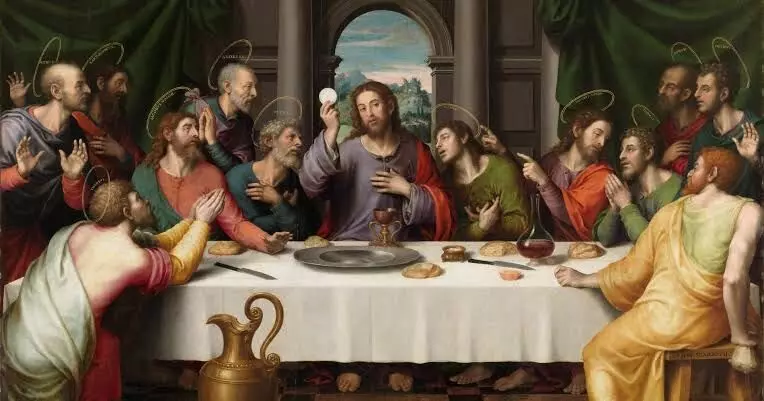Holy week: Here’s a closer look at lesser-known customs leading up to Easter Sunday
Some of the deeper practices like fasting, foot washing, and `firsts’ hold powerful symbolic meaning
By Anoushka Caroline Williams
Representational Image.
Hyderabad: Holy week, or the final week of Lent leading up to Easter Sunday, is rich with traditions and rituals that vary across Christian communities worldwide.
While Palm Sunday and Good Friday are widely recognized, some of the deeper practices like fasting, foot washing, and `firsts’ hold powerful symbolic meaning that’s often overlooked. Here’s a closer look at these lesser-known customs.
Fasting: More Than Just Abstaining from Food
Fasting during Holy Week is not just about giving up meals; it’s a spiritual discipline aimed at self-examination, humility, and solidarity with the suffering of Christ. Many Christians fast on Good Friday and sometimes Holy Saturday, commemorating the crucifixion and burial of Jesus.
In Eastern Orthodox traditions, the fasting is more extensive and strict. Believers often avoid meat, dairy, oil, and wine throughout Lent, with the Holy Week fast becoming even more intense—sometimes culminating in a complete fast from Thursday evening to Saturday night.
Fasting is meant to create space—physically and spiritually—for prayer, reflection, and a heightened awareness of the sacrifice central to Christian faith.
Foot Washing: A Lesson in Humility
The ritual of foot washing, observed on Maundy Thursday, is rooted in the Gospel of John. During the Last Supper, Jesus washed the feet of His disciples, a task usually reserved for servants. This act was both symbolic and revolutionary, emphasizing humility, service, and equality among believers.
Today, many churches around the world reenact this moment. Priests, pastors, or even lay members wash the feet of others to reflect Jesus’ message: “Now that I, your Lord and Teacher, have washed your feet, you also should wash one another’s feet” (John 13:14).
While not universally practiced, foot washing remains a powerful expression of love and servant leadership.
`Firsts’: Beginning Again with Easter
A more subtle but deeply meaningful tradition during Holy Week is the emphasis on “firsts”—new beginnings. Easter Sunday represents the resurrection of Christ and the promise of renewal. In many cultures, this is reflected in rituals involving new clothes, fresh flowers, or even baptisms.
For early Christians, Easter was the primary time for baptisms, symbolizing the death of the old self and rebirth into new life with Christ. Some churches continue this tradition, making Easter a moment of spiritual “firsts,” both for new believers and for those recommitting to their faith.
Even secular customs like wearing new outfits on Easter or spring cleaning have roots in this theme of renewal and transformation.
Rediscovering Holy Week’s Depth
While dramatic re-enactments and major services often take center stage, these quieter traditions—fasting, foot washing, and embracing new beginnings—hold profound theological and emotional significance. They invite believers not just to remember the events of Holy Week, but to participate in them through humility, sacrifice, and renewal.
Whether practiced publicly or privately, these customs offer a deeper, more personal journey through one of Christianity’s most sacred weeks.